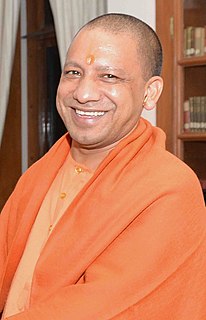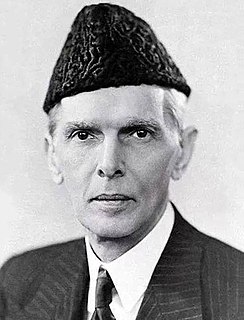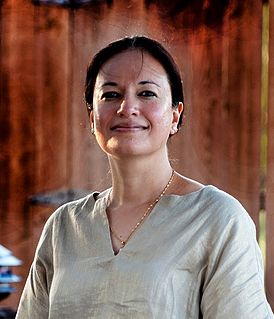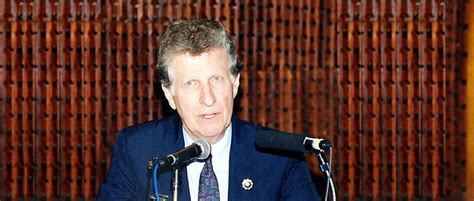A Quote by Steve Inskeep
Let me name three of the people who influenced me, although it's definitely not a complete list. Ayesha Jalal, the formidable Pakistani-American historian, has rigorously re-evaluated Jinnah's political strategies leading up to Partition. Akbar Ahmed, a former diplomat and now a distinguished scholar, has documented Jinnah's life as a man who welcomed, worked with, and even married people of other faiths. And then there is Ardeshir Cowasjee, the great Parsi newspaper columnist, who in his mid-80s is a kind of living history of all of Pakistan, old enough to have known Jinnah himself.
Quote Topics
Although
American
Columnist
Complete
Definitely
Diplomat
Distinguished
Enough
Even
Former
Formidable
Great
Himself
His
Historian
History
Influenced
Jinnah
Kind
Known
Leading
Let Me
Life
List
Living
Man
Married
Me
Mid
Name
Newspaper
Now
Old
Old Enough
Other
Pakistan
Pakistani
Partition
People
Political
Scholar
Strategies
Then
Three
Up
Welcomed
Worked
Related Quotes
Both India and Pakistan have a long history of deploying rhetorical strategies to skirt the issue of plebiscite or complete secession of the former princely state of Jammu and Kashmir. When feeling particularly belligerent Pakistan cries itself hoarse declaring the legitimacy of plebiscite held under United Nations auspices in J & K; India responds just as aggressively by demanding the complete withdrawal of Pakistani troops from the territory of pre-partition J & K; or, in a moment of neighborly solicitude, for conversion of the LOC to a permanent International border.
I do not even hate the Talib who shot me. Even if there was a gun in my hand and he was standing in front of me, I would not shoot him. This is the compassion I have learned from Mohammed, the prophet of mercy, Jesus Christ and Lord Buddha. This the legacy of change I have inherited from Martin Luther King, Nelson Mandela and Mohammed Ali Jinnah.
This is the philosophy of nonviolence that I have learned from Gandhi, Bacha Khan and Mother Teresa. And this is the forgiveness that I have learned from my father and from my mother. This is what my soul is telling me: be peaceful and love everyone.
If you have things or are involved with things that turn on, it's going to have code. And there are so many people - let's pick on the historians - even as a historian, let's say I ended up going the road of being a historian, just knowing some basic scripts, any kind of automation would have made me a 10 times better historian because I wouldn't have to sit there changing every file name to "1234" and then "12345." It can have a transformative value.
There are kind of four people up at the top, [Donald] Trump,[Marco] Rubio,[Ted] Cruz,[Ben] Carson, and then there's me and about three governors. I'm perfectly happy with that position right now, honestly, because when I started this race, I was 17 out of 16. The pollsters didn't even ask my name, because so few people knew me.
The New York Times columnist, Thomas Friedman, cited Haqqani to make the argument that Guantánamo must be shut down. He wrote:“Husain Haqqani, a thoughtful Pakistani scholar now teaching at Boston University, remarked to me: 'When people like myself say American values must be emulated and America is a bastion of freedom, we get Guantánamo Bay thrown in our faces. When we talk about the America of Jefferson and Hamilton, people back home say to us: 'That is not the America we are dealing with. We are dealing with the America of imprisonment without trial.'
































